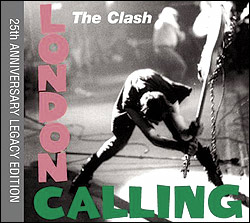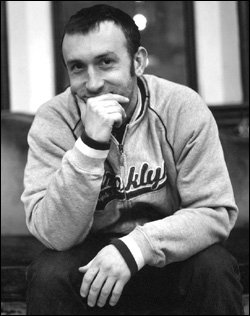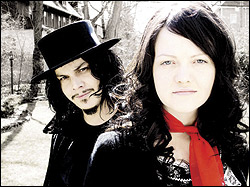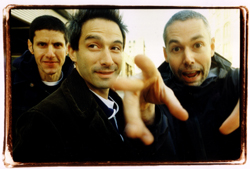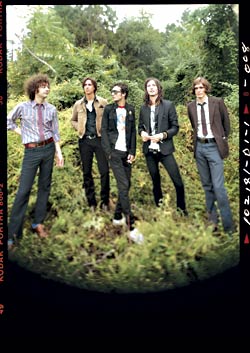The Clash wanted to call their third album The Last Testament, as if to bequeath the earthly possessions of rock and roll to its future heirs. Eventually they opted for a simpler title: London Calling. The album ran nearly the entire gamut of musical styles available to them at the time, and no matter what genre they tackled, from gathering-storm dub to swinging rockabilly to Stagger Lee ska, it sounded like the one they were formed to play.
So it’s both illuminating and mystique destroying to browse the additional content that fills out London Calling: 25th Anniversary Legacy Edition (Epic/ Legacy). Disc two, a set of demos dubbed “The Vanilla Tapes,” features a few unreleased tracks that might’ve been entertaining B-sides if fleshed out—”Lonesome Me” could’ve been a fine addition to their countrified rockabilly repertoire, and the slow, rolling skank of “The Man in Me” is two takes away from being one of the great Dylan covers. But the bulk of “The Vanilla Tapes” is gristly, muffled, often unlistenable skeletons of songs that sound oafish next to their finished versions; listening to the demo version of the title track is like watching a Tom Wopat screen test for the Travis Bickle role in Taxi Driver. If anything, the contrast between the demos and the final album is mostly valuable as evidence that the Clash knew how to hone ideas. These are prototype hot rods waiting for the engines to be installed.
The making-of documentary DVD and the accompanying footage is more interesting, even if it comes across as a slightly more fleshed-out version of the story told in the superb Westway to the World documentary. It’s the long-lost home video footage from the Wessex Studio recording sessions that justifies the price of admission: Producer Guy Stevens is balding, bearded, flare-trousered, the sworn enemy of movable furniture, and priceless to watch. Watching the Clash riff on “Louie Louie” in appropriately almost-reggae fashion while Stevens stomps around and unsuccessfully attempts to destroy a ’70s mod fiberglass chair is the height of goofiness, but it’s also the missing piece to the puzzle, the sessions’ conduit of energy on rare display.
London Calling was an attempt at chronicling popular music from Elvis onward—hence the album’s cover, which swiped the typography from Presley’s debut and was meant to act as a contrasting bookend, putting a downward-swinging end to Presley’s hoisted guitar and closing the book on a version of rock and roll that wasn’t long for this world. And though the extras work better as artifacts than something to dust off and listen to every so often, it’s the most complete look into the making of an album where, in the face of punk’s diminishing returns, any sound was possible.
